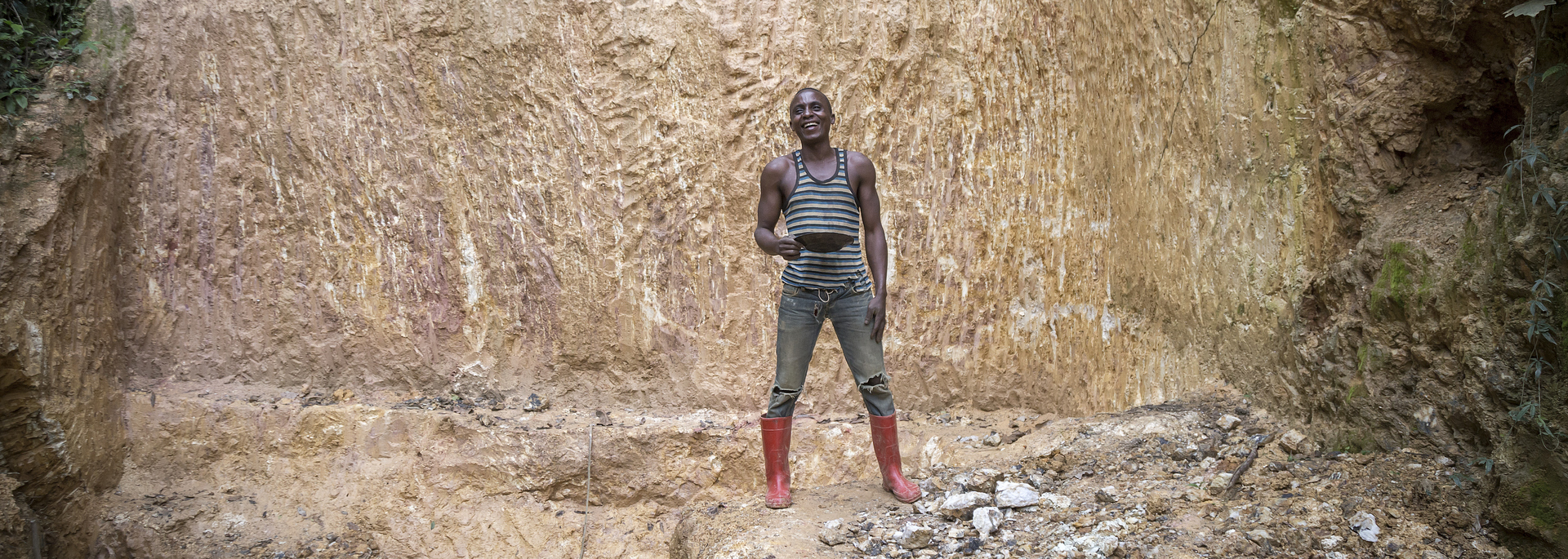
Supply Chain Transparency
We believe in the power of data.
To understand who ultimately benefits from natural resources, governments, industry, and civil society need to know who is involved at all points of the supply chain. They also require scientific and market data, such as volumes, pricing, and trade routes. Consumers also need to have information about where the natural resources they use come from, such as the minerals used in their jewellery and electronics.
Information allows us to identify possible cases of natural resource mismanagement or human rights violations
and becomes a powerful tool in our efforts to transform management systems.
What do we mean by supply chains?
A natural resource supply chain is the system and network a resource will go through to be transformed into a consumer good, including extraction, transportation, and production.
What do we mean by transparency?
Supply chain transparency means collecting data on the natural resource, the people, and the steps involved in the full supply chain and then reporting on it, as required by regional and international legislation. This includes public reporting on weaknesses and violations in the supply chain, as well as the steps taken to address any identified risks.

We Reveal
We undertake research and analysis on certification, traceability, and due diligence systems for natural resources in areas where security and human rights are at risk. Our analysis evaluates supply chain transparency, as well as how these traceability and due diligence systems can be applied to other natural resources.

We Innovate
Based on our research, we develop innovative models for traceability and due diligence for natural resources from areas where security and human rights are at risk. We provide technical guidance to multi-stakeholder initiatives or develop and test our own systems for traceability and due diligence, as required.
Our approach focuses on providing implementation support to local, regional, and international actors. We undertake sensitization for the private sector, policymakers, and civil society on their roles in traceability and due diligence. We also provide training to help build capacity among these groups. Our civil society partners are equally trained to provide ongoing independent monitoring of traceability and due diligence implementation.
We also develop approaches to address the challenges companies face—in particular, the need to collect up-to-date data about their supply chain in remote and high-risk areas. We collaborate with local civil society organizations to spotlight their capacity to produce technical and independent assessments of supply chain integrity. Such assessments can be drawn on by companies as part of their reporting on risk identification and mitigation measures.

We Engage
We advance multi-stakeholder dialogue to support transparency in supply chains and promote traceability and due diligence for natural resources. Our efforts focus on spotlighting research and analysis that demonstrates weaknesses in supply chain transparency, as well as findings from the approaches we are implementing.
